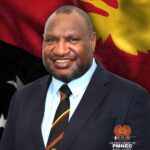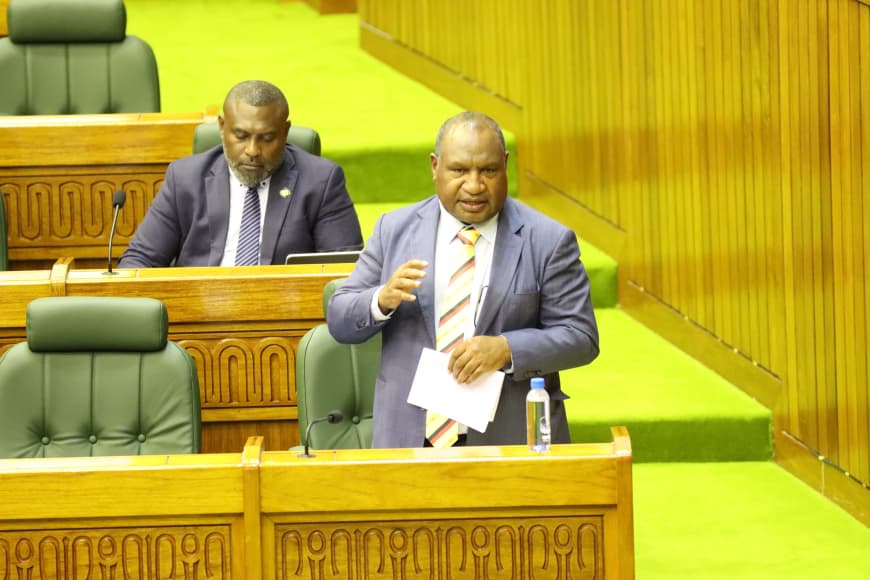The National Parliament has today (30.10.25) passed – by an absolute majority of 76 votes to nil – the Papua New Guinea University of Medicine and Health Sciences Bill 2025.
This landmark legislation will establish the country’s first dedicated medical university, a major reform in PNG’s national education and health system.
The new university, which is expected to be fully operational by 2030, will take over the functions currently managed under the University of Papua New Guinea’s School of Medicine and Health Sciences.
It will focus on producing highly trained doctors, health specialists, and technical professionals to meet the growing health care needs of our country and the region.
Prime Minister James Marape, in supporting the Bill, commended the Minister for Higher Education, Research, Science and Technology, Hon. Kinoka Feo, and his predecessors for their collective effort in bringing the vision to fruition.
“There is no greater investment than investing in doctors, laboratory technicians, and the health infrastructure of our nation,” the Prime Minister stated.
“Papua New Guinea has faced many challenges in the health sector. At one point during the COVID-19 pandemic, our country of almost ten million people had only 44 oxygen-ventilated beds and a doctor-to-patient ratio of roughly one to twenty thousand. This new institution is a structural readjustment that will help bridge that gap.”
He expressed his appreciation to the University of Papua New Guinea’s leadership, particularly Chancellor Sir Robert Igara and the university’s senate and Vice-Chancellor, for their support in the transition process.
Prime Minister Marape highlighted that the establishment of a standalone medical university would link existing health training institutions such as nursing colleges and community health worker schools, while creating a clear pathway for developing and nurturing medical professionals.
“Our country is known for producing some of Pacific’s most qualified medical workers,” he said.
“This university will strengthen that reputation. It will train, equip, and skill more health workers to serve our people and reduce the need for citizens to seek costly medical treatment overseas.”
Mr. Marape noted Papua New Guinea’s growing medical achievements, citing the nation’s first successful kidney transplant and heart bypass operations in recent years, which have already saved over a thousand patients from travelling abroad for treatment.
He also commended the academic leadership and staff of the medical faculty for their dedication and called on the Public Service and Higher Education ministry to ensure lecturers and trainers are adequately compensated.
“Our science students have proven their excellence internationally,” the Prime Minister said.
“Seventy percent of our STEM students studying in the United States have earned top academic awards without repeating any preparatory classes. Their success shows the potential of Papua New Guinean students when given the right environment and support.”
Mr. Marape further announced that the new university would allocate spaces for students from other Pacific Island nations, promoting regional cooperation and solidarity.
“Papua New Guinea, despite our challenges, must be able to share what we have with our Pacific family in Micronesia, Polynesia, and Melanesia. This university will open its doors to them,” he affirmed.
Concluding his remarks, Prime Minister Marape urged Members of Parliament to take pride in their collective decision.
“Today, we make history. After celebrating our 50th Independence anniversary, we have now passed a law that secures our country’s medical future. This university will stand as a testament to our commitment to education, health, and service to our people. My government pledges full support to ensure it is properly funded, equipped, and staffed to the highest standard.”






